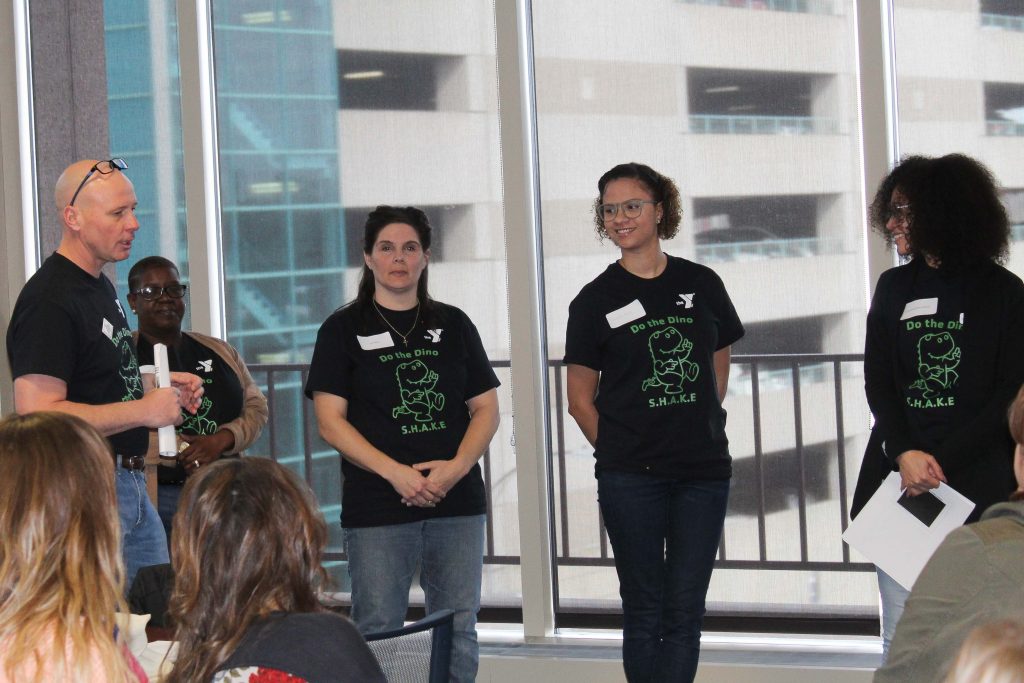The Pyramid Model for Supporting Social Emotional Competence in Infants and Young Children is a positive behavioral intervention and support framework.
Early childhood providers, caregivers, and families can use the model to promote young children’s social and emotional development and prevent and address challenging behavior.
The Pyramid Model uses evidence-based practices and a public health approach to:
- Build positive relationships
- Develop supportive and nurturing environments
- Provide individualized supports to address persistent challenging behavior when needed
The Pyramid Model is most effective when it is implemented across an early childhood program. For information on Program-wide Implementation, visit our Pyramid Model for Programs page.
How can I learn more about Pyramid Model practices?
The OEC has many resources that directly address Pyramid Model practices, or are aligned with this evidence-based approach.
- Check out the Pyramid Model resources, including monthly newsletters highlighting strategies and tips for providers and families.
- Access free Pyramid Model module training videos on the dedicated You Tube playlist.
- The CT Early Learning and Development Standards and the resources on the Support Social Emotional Learning webpage are all aligned with the Pyramid Model.
How is Connecticut implementing the Pyramid Model?

We’ve created the Connecticut Pyramid Partnership (CPP) as the state’s leadership team to oversee implementation. The CPP uses data to make decisions and course corrections and it has an established action plan that guides our work. The Action Plan is based on the Benchmarks of Quality developed by the National Center on Pyramid Model Innovations (NCPMI). For more information, visit the CPP webpage.
Mission: Building a statewide system for Pyramid Model implementation in order to enhance the competencies of those that care for, educate, and support young children and their families
Vision: Connecticut is a state that supports the social and emotional well-being of all young children and their families.
For more information on Pyramid implementation in Connecticut, please visit the Pyramid Model for Programs webpage or email us at CTPyramid@gmail.com.

